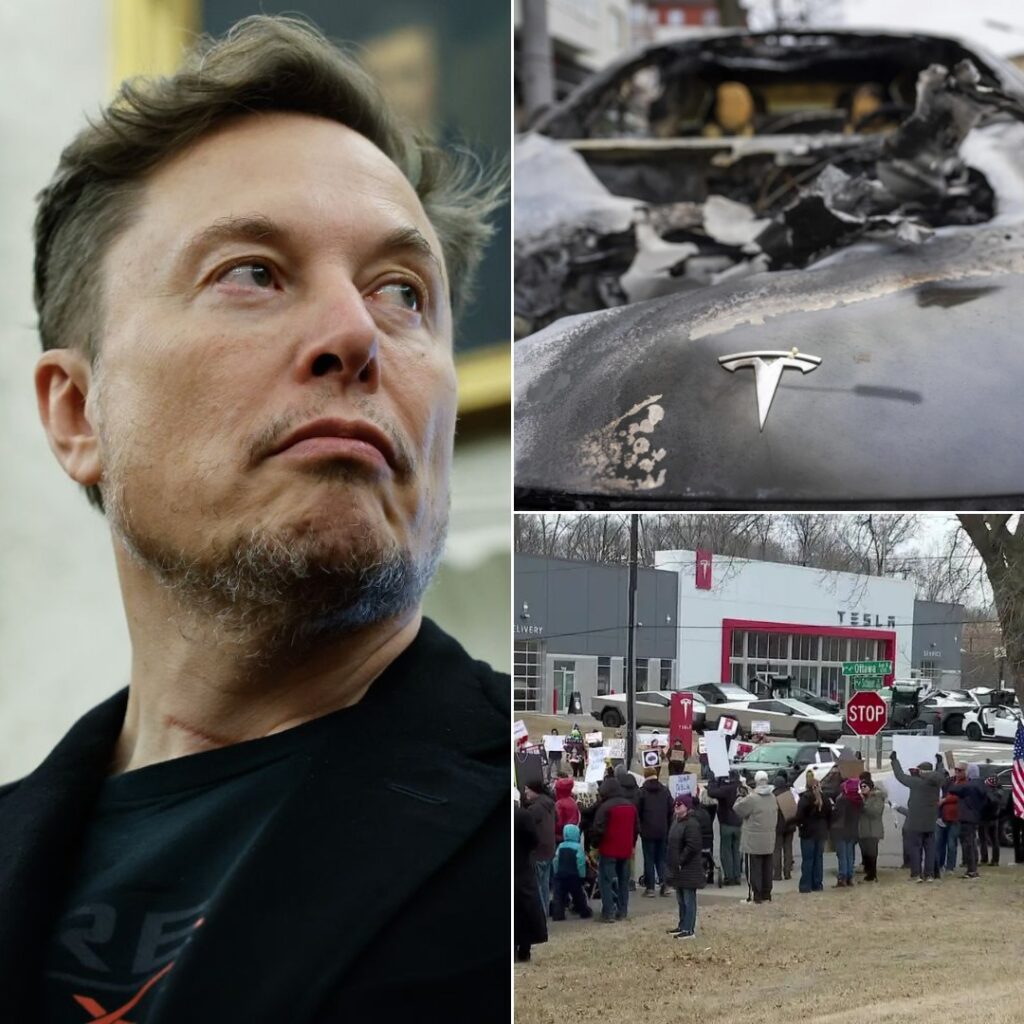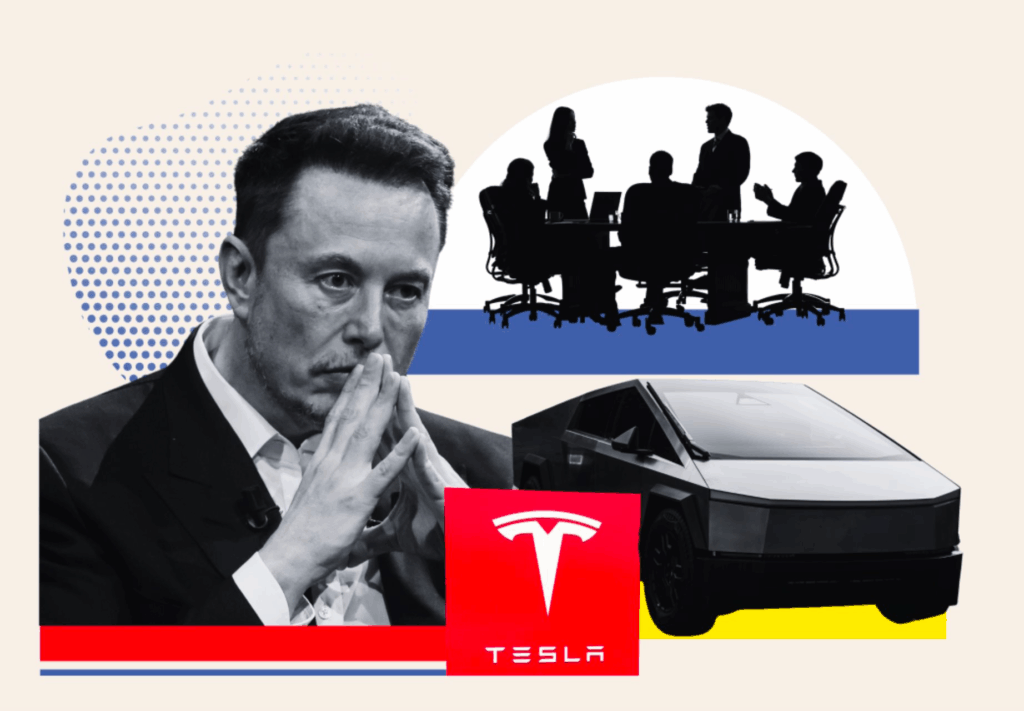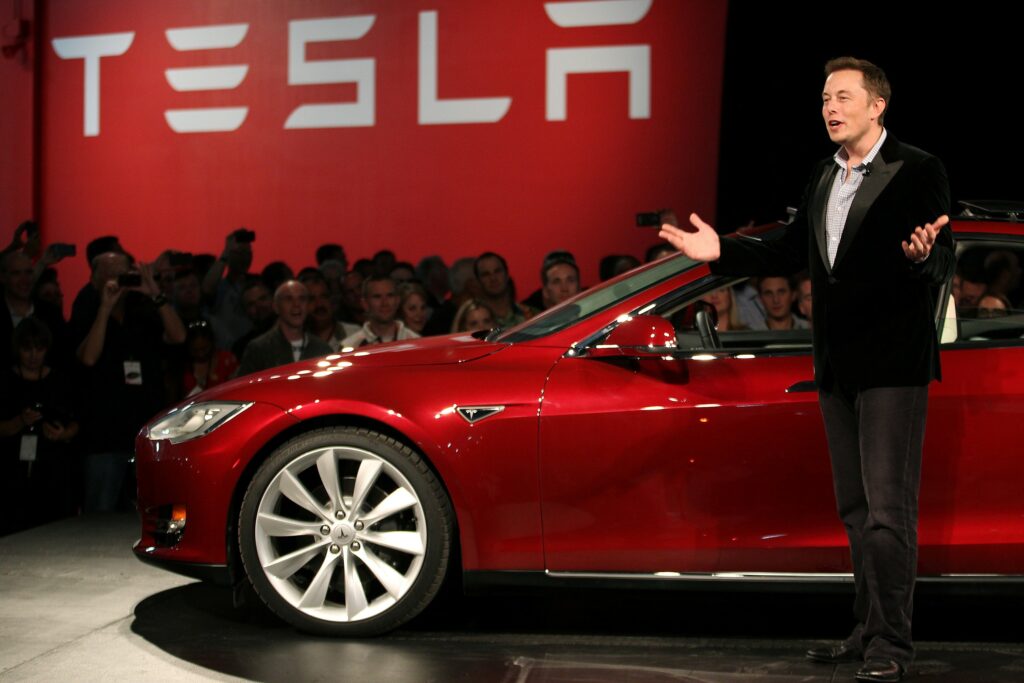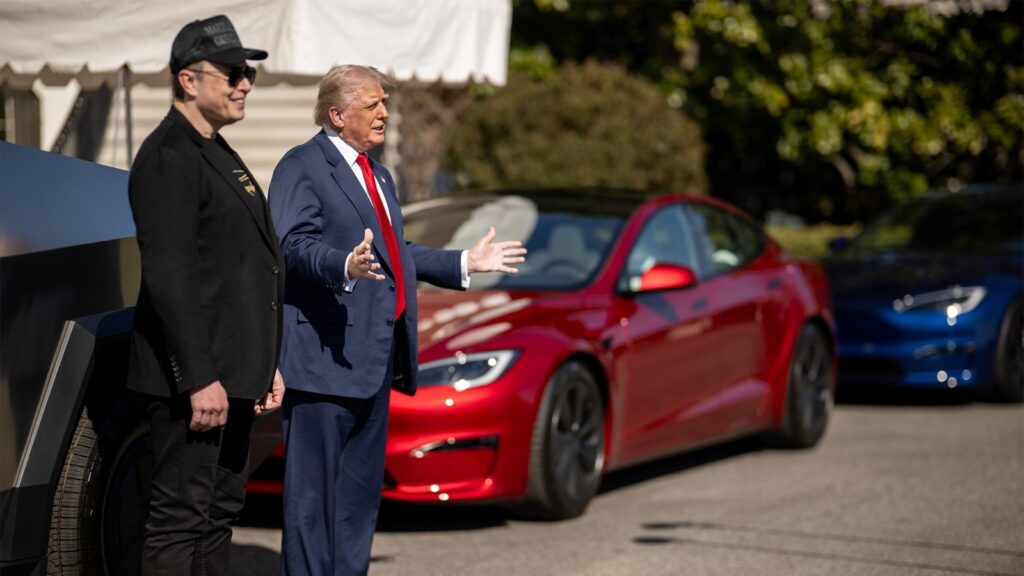Investor Pressure Mounts as Tesla Grapples with Profitability Concerns
 , the charismatic and often controversial entrepreneur behind Tesla, finds himself once again in the spotlight—not just for his bold ideas, but for the growing discontent among investors. While Musk has been instrumental in transforming Tesla into a global leader in electric vehicles (EVs), his unconventional leadership style and polarizing online presence are drawing increasing scrutiny.
, the charismatic and often controversial entrepreneur behind Tesla, finds himself once again in the spotlight—not just for his bold ideas, but for the growing discontent among investors. While Musk has been instrumental in transforming Tesla into a global leader in electric vehicles (EVs), his unconventional leadership style and polarizing online presence are drawing increasing scrutiny.
Shifting Investor Sentiment

Once celebrated for his visionary leadership, Musk is now facing skepticism from shareholders who worry that his social media antics and provocative public statements are becoming a liability. Rather than focusing exclusively on Tesla’s strategic goals, some investors believe Musk’s attention is being diverted by heated online exchanges and political commentary, potentially damaging the company’s image.
Musk’s presence on platforms like Twitter (now X), where he frequently shares opinions ranging from tech to politics, has long been a defining feature of his public persona. However, many observers argue that the risks now outweigh the rewards. While some of his tweets have boosted Tesla’s profile, others have sparked backlash or introduced volatility into the company’s stock performance.
Profitability Under Pressure

Behind the public controversies lies a more serious issue—Tesla’s profitability. Despite impressive gains in production and deliveries, profit margins are under strain. Rising manufacturing expenses, stiffening competition, and lingering supply chain disruptions have placed pressure on the bottom line.
Although the company’s revenue figures remain strong, analysts and investors alike are urging Musk to concentrate on navigating these operational challenges and delivering consistent financial results. The concern is that Musk’s attention is being diluted at a time when clear, focused leadership is most needed.
Controversies That Overshadow Strategy

Musk’s outspoken views, including his endorsements of political candidates and criticisms of government policies, have fueled debate among investors. While he has every right to express personal opinions, some stakeholders argue that these public stances are drawing attention away from Tesla’s business priorities, such as scaling production and maintaining a competitive edge in the EV sector.
Tesla’s execution of key projects—ramping up vehicle production, meeting ambitious delivery timelines, and staying ahead in battery and autonomous driving technology—is essential to its continued leadership. Investors fear these efforts may falter if distractions persist.
Leadership Style and Operational Concerns

Musk’s hands-on and often unpredictable management style is also under the microscope. While his leadership has driven remarkable technological advances, critics say it can also create instability. The company has grappled with factory delays, labor issues, and missed product deadlines, all of which have fueled doubts about Tesla’s internal discipline.
This unease has been mirrored in Tesla’s share price, which has shown increased volatility in recent months. Market reactions to Musk’s public remarks—especially those related to the economy, regulatory matters, or cryptocurrencies—have amplified concerns about his influence on investor confidence.
Calls for Stronger Governance

In light of these developments, some investors are calling for enhanced corporate governance at Tesla. Proposals include stronger oversight of Musk’s external communications and a more structured leadership framework that ensures strategic decisions align with shareholder interests.
Competitors are also closing in. Companies like Rivian, Lucid Motors, and legacy automakers such as Ford and General Motors are ramping up EV production and technological innovation. If Tesla fails to address internal distractions, it risks losing ground in an increasingly competitive market.
A Path Forward

Despite the concerns, Tesla continues to be recognized as a pioneer in electric vehicle innovation. Musk’s influence on the industry is undeniable, and the company still commands a large share of the global EV market.
However, sustaining that leadership will require more than cutting-edge products—it will require focused, steady management. Investors are looking for Musk to rein in distractions and realign with Tesla’s core objectives.
Conclusion: Balancing Innovation with Accountability
The pressure is mounting on Elon Musk to shift gears and steer Tesla through its next phase of growth with renewed discipline. His ability to balance his public image with the needs of Tesla’s business will be pivotal in determining the company’s long-term success.
If Musk can channel his influence toward solving the challenges facing Tesla and concentrate on driving sustainable growth, the company remains well-positioned to maintain its dominance. But how he responds to these growing concerns may ultimately shape Tesla’s legacy in the years ahead.